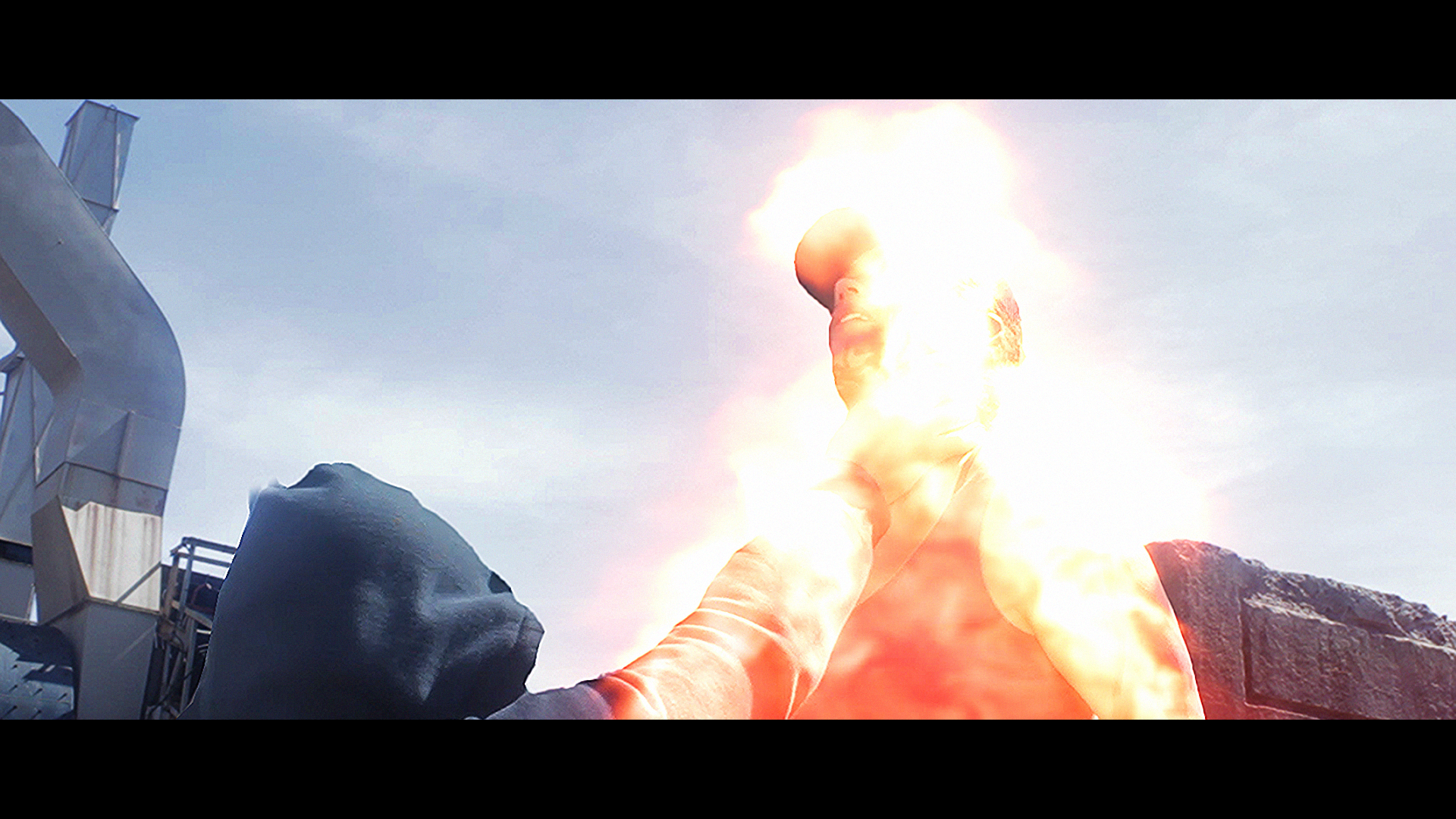Know your Value, Manage Expectations
Your Hard Work has Value
There was an article on Rodypolis.com encouraging artists and filmmakers not to work for free. Sometimes I need to listen more closely to good advice. About a week ago, I was approached to do some work on a 'really exciting project'. My name had been passed around, and a filmmaker nearby needed some work done. I went to meet with him, and he was so excited about what we could do together. It got down to the end of the conversation and after telling me about the hundreds of thousands of dollars that he had already spent on his film, he didn't have it in his budget to pay me for my services. However, he could put my name in the credits, and that it would be seen on more than a hundred screens.
Sounds great, right? Well, not really.
In Rodolphe's article, one of the points that he makes is that getting paid for your work is not only recognizing the monetary value of what you can produce, but it also shows the commitment that both parties to complete the project. Otherwise, one person is definitely winning out on the situation, and it's not the artist.
Additionally, without paying me, the filmmaker didn't have any reason to see the value of my time. It was an -insert footage here, press button, vfx comes out- situation. He came back with multiple changes that needed to be made, each requiring more of my time. That time was being taken away from paying jobs. Needless to say, in this particular situation, things didn't pan out.
It's important to realize that when someone comes to you asking for you to produce something for them, there's value in that. They see you as an asset, and for some reason (budget, time, how they feel about artists), they didn't feel that paying you was worth their time. It's up to you to know your value, know that you provide a service that should be rewarded monetarily. As the Joker said, "If you're good at something, never do it for free."
It's also important to make sure that in any project, you manage expectations. Are you doing one shot, or five shots? Do you have enough time? Do you have the resources? Figure out all these things before you start working on anything, or else you may not be able to complete the project to the client's standards or to yours. There was a situation where instead of what I had already done, the client wanted something much grander. I had to tell him that to do what he asked, in the time remaining, I'd have to build a complex 3D model and texture it, integrate it into the work that I'd already completed, and still make deadline. While it's not necessary that the client understand every aspect of what goes into visual effects, take the time to let them know what can and can't be done in the time allocated, or else everyone will go home unhappy.
I've found that it's becoming more and more common that after the budget has been spent on production, no one wants to shell out for the post production and visual effects, which can help bring an extra level of polish to any film. This is something that you should keep in mind when talking to potential clients. You're work has value, and shouldn't be treated as any less important than your actors, the caterers, your props, sound and makeup. Have a clear vision of what the director's goal is, be true to them and yourself about what can be done with what you have, and demand respect for your craft.
Two unrelated Points:
Here's some stills of my latest project. (Click to enlarge)
If you're in the Fairfield County CT area, i've also created a Fairfield County film Makers meetup group. Even if you're just interested in film making but have no experience, feel free to join!







